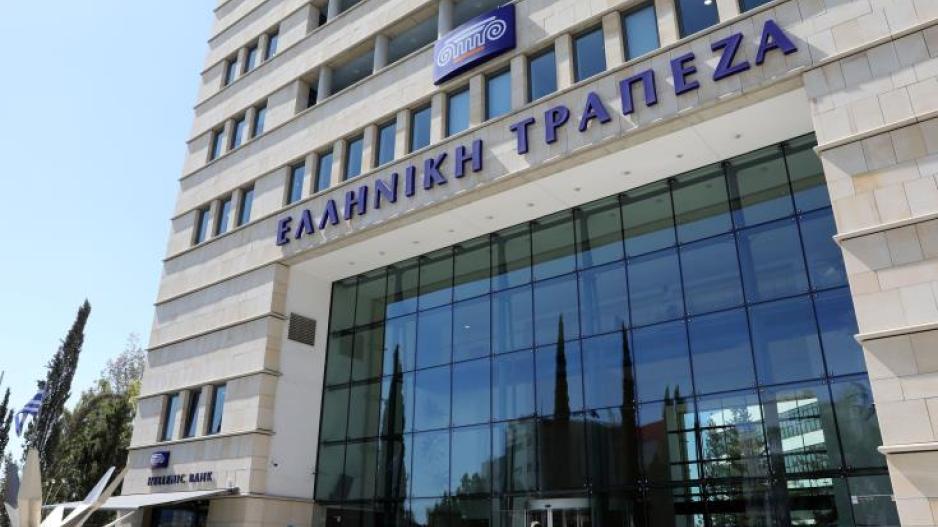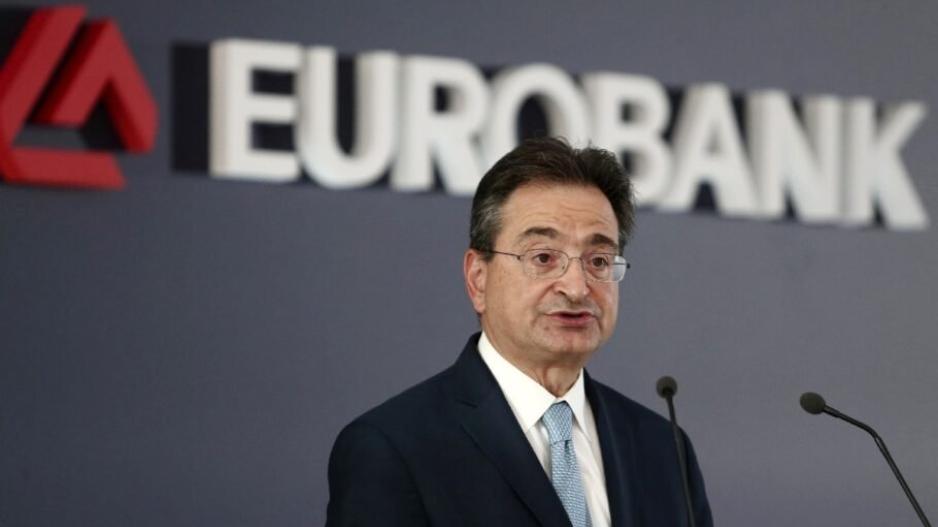Hellenic and Eurobank Merger 'When Conditions Are Ripe,' Says Eurobank Chief
Eurobank Aims to Establish Cyprus as a Gateway to the Dynamic Economies of the Middle East and India
Eurobank Group CEO Fokion Karavias has announced that Hellenic Bank and Eurobank Cyprus will continue to operate independently until conditions become favorable for a potential merger. As the largest shareholder of Hellenic Bank, Cyprus’ second-largest lender, Eurobank Group aspires to form the largest banking institution on the island through this merger. The two banks, each with distinct but complementary business models, aim to create a unified, efficient operation.
During a meeting with Cypriot journalists in Athens, Karavias described Eurobank’s investment in Hellenic Bank as a significant gesture of confidence in the Cypriot economy, with the investment estimated at around €800 million. This investment is seen as a pivotal step towards Eurobank’s strategic goal of generating 50% of its profits through its international banking operations by 2026.
Eurobank has acquired a 55.3% stake in Hellenic’s share capital, a qualified holding pending regulatory approvals from the European Central Bank and the Central Bank of Cyprus, expected in the second quarter. Following these approvals, Eurobank Group will be required under Cypriot law to make a mandatory public offer for the remaining shares of Hellenic.
Karavias indicated that this offer is expected by the end of the second quarter, though he did not provide a specific timeline for Eurobank Group's next steps. This is due to ongoing discussions with Hellenic’s major shareholders, including Demetra Holdings Plc, which holds a 21% stake in Hellenic.

Answering a question about the potential merger, Karavias said, “We need to reach an agreement with the remaining shareholders on a possible timeframe and when to proceed with such a move. Our plan is to continue operating the two banks separately for now. When and if the right conditions arise, we intend to pursue the merger, as it would lead to a more efficient operation. However, this decision isn't ours alone; it requires collaboration with Hellenic’s other shareholders.”
Karavias highlighted Hellenic Bank's strengths, including high capital ratios, substantial liquidity, and a strong presence in the island's retail banking sector. In contrast, Eurobank Cyprus focuses on corporate and private banking, as well as treasury operations.
Furthermore, he underscored the Group's intention to leverage Hellenic Bank's excess liquidity for lending in Cyprus and funding major strategic projects, such as the €1.9-billion electricity interconnection between Cyprus, Greece, and Israel (Great Sea Interconnector).
Karavias also mentioned Eurobank's aim to establish Cyprus as a gateway to the dynamic economies of the Middle East and India. This strategy builds on Cyprus' benefits, such as its common company law, a low and stable tax framework, a developed professional services sector, and the double taxation treaty agreed upon with India.






